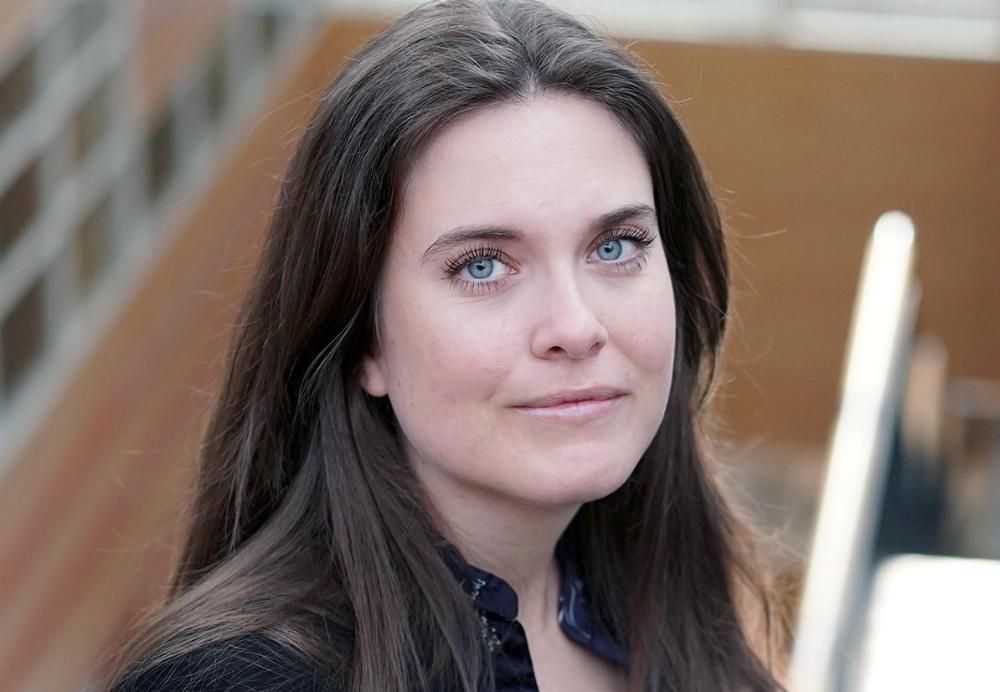Trial lecture
Adjudication committee
-
1st Opponent: Distinguished Professor Neil Selwyn, Monash University, Australia
-
2nd Opponent: Associate Professor Helene Friis Ratner, Aarhus University, Denmark
-
Committee Chair: Professor Alfredo Jornet Gil, Department of Teacher Education and School Research, University of Oslo
Chair of Defence
Professor Emerita Jorunn Møller, Department of Teacher Education and School Research, University of Oslo
Supervisors
- Professor Emerita Eli Ottesen, Department of Teacher Education and School Research, University of Oslo
- Professor Gerry Mac Ruairc, University of Galway, Irland
Summary
This PhD thesis investigates how digitization unfolds in school leadership and educational governance by interrogating examples from policy and practice. The project centers on the premise that digitized school leadership and educational governance pose certain relational effects at school level, produced by a complex interplay between different governing actors. The main aim is to examine school leaders’ practice with digital technologies in Irish and Norwegian schools and to explore their effects in school leadership and educational governance.
The study draws from two main sites: Irish secondary schools and Norwegian lower secondary schools. These include three schools from each site, and a total of 25 informants (principals and middle management) participated in semi-structured interviews. Datasets also include national policy documents (three from each site), screen recordings from the interviews, and interviews with digital platforms facilitated by analyzing screen prints in Nvivo. The overarching analytical and methodological approach draws from Actor-Network Theory (ANT).
The thesis has three empirical articles. Article I unfolds governmental ambitions to digitalize school leadership and teaching practices in key policy documents in Ireland and Norway. The findings show that that digital actors have the potential to steer education to enhance multiple governance mechanisms at once, such as assessment and evaluation. For school leaders and teachers, findings show that the Irish policy documents portrayed rather analog formats of digitization, suggesting time-consuming and manual labor for the school practitioners. The Norwegian documents portrayed more automated solutions, which suggested challenging ethical and juridical considerations from school leaders and teachers.
Article II investigates how school leader subjectivities emerge in interactions with a school-management-system (SMS). The article theorizes subjectivity by drawing from ANT, and shows how school leaders and the SMS act on each other in ways that allows school leader subjectivity to emerge in a processual manner, whereas digital elements from the platform work as highly specific ‘subjectifiers’.
Article III unfolds anticipation in Norwegian school leaders’ interactions with two learning analytic platforms (LAPs). The candidate also aimed at problematizing a chronological understanding of time and anticipation in digitized practices, by drawing from ANT. The findings show how time and anticipation emerged on the premise of the LAPs, albeit with fluid and multiple presentations. The LAPs served as actors who problematize the uncertain and offer possibilities for action that encouraged school leaders to act in the present. At the same time, school leaders adapted the LAPs to their own practice.
In sum, the thesis demonstrates how new actors are now involved in educational matters, which poses consequences for how we think about agency, governing structures, and new leadership practices. In other words, the thesis shows how digitized practices open up for new spaces of governing and leading education.
